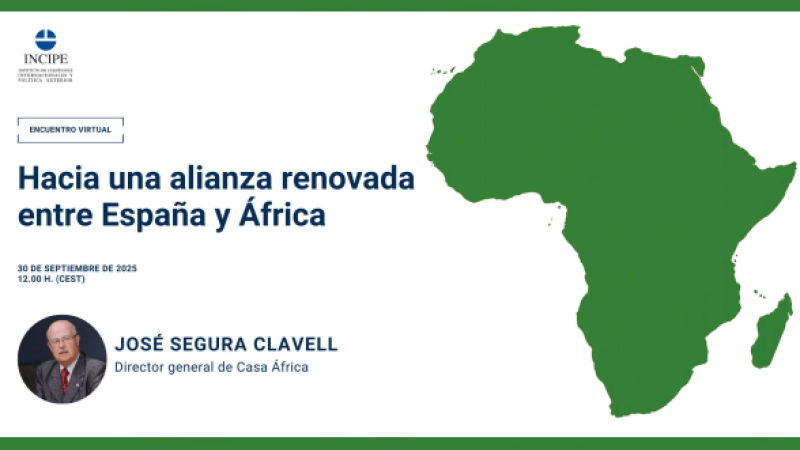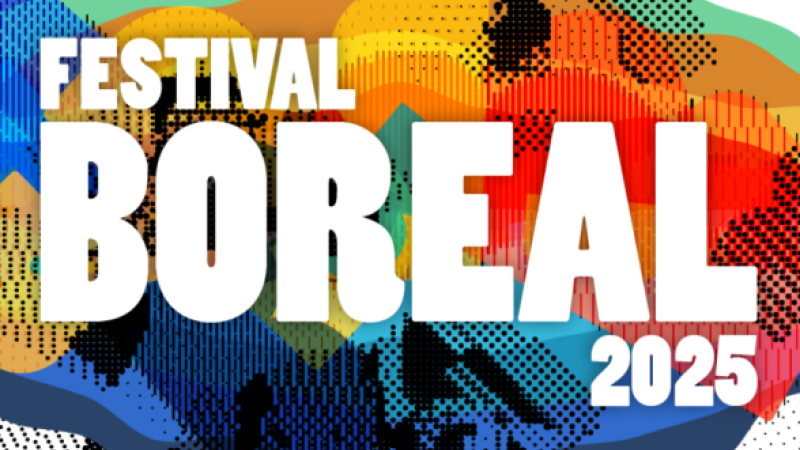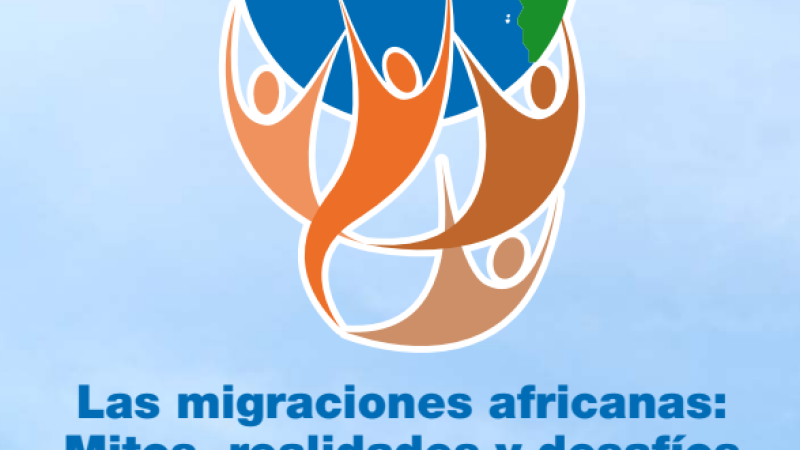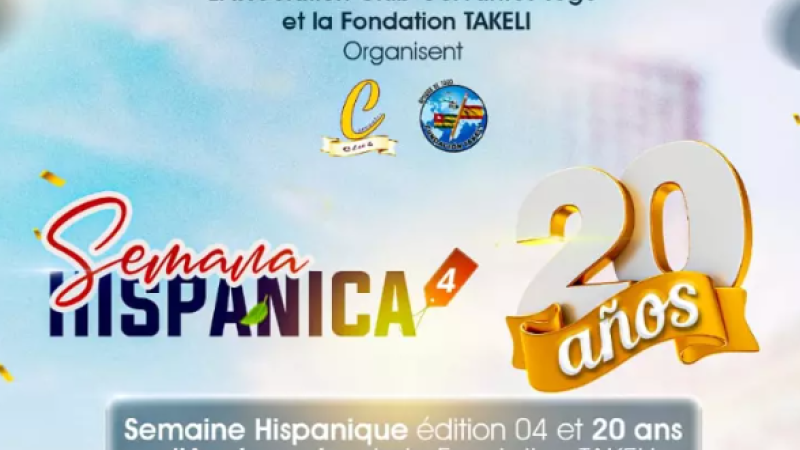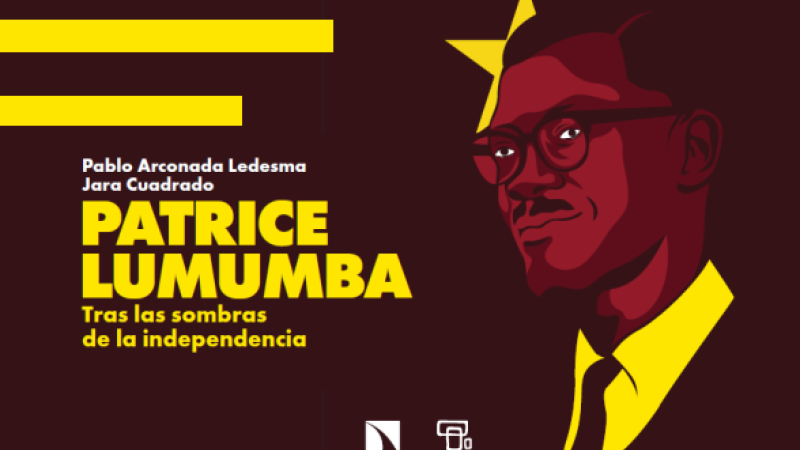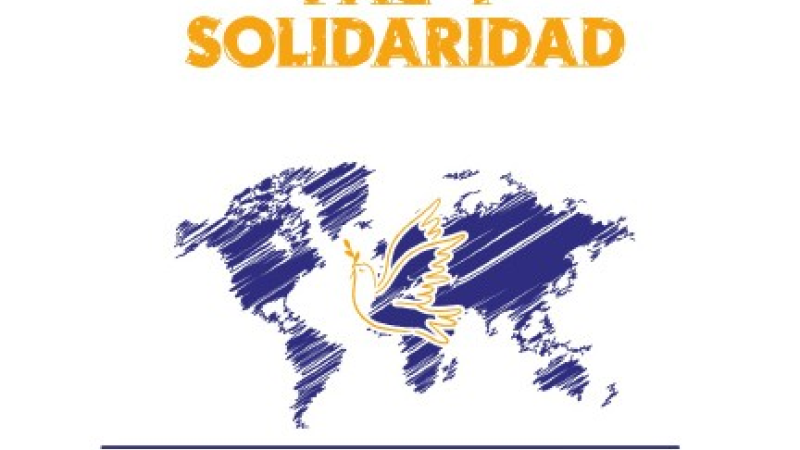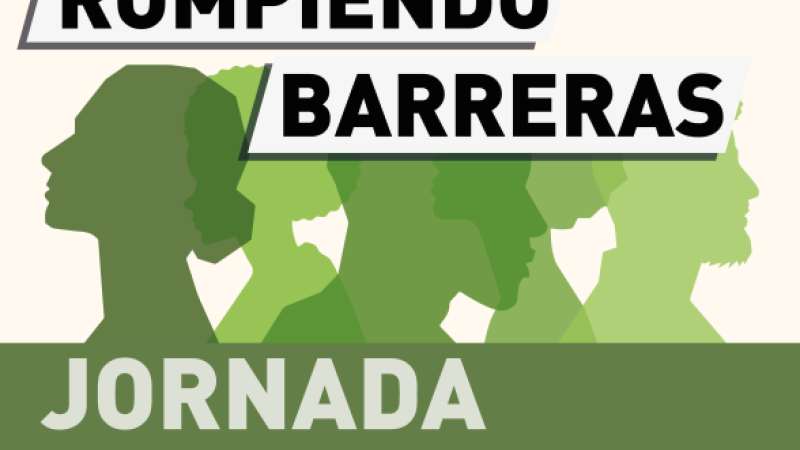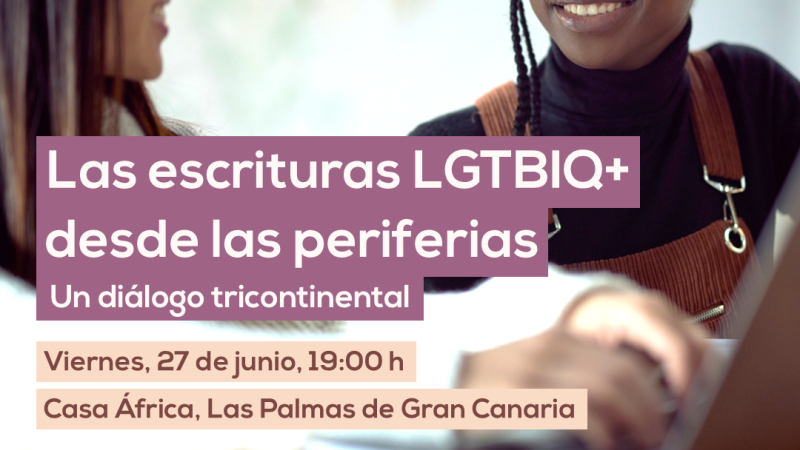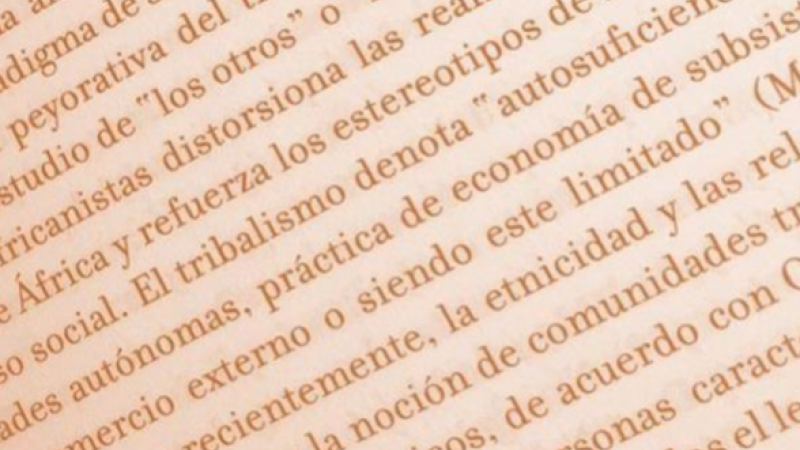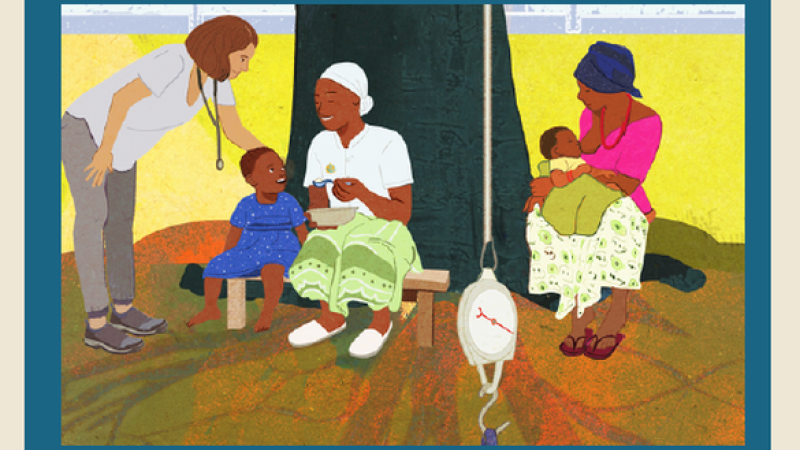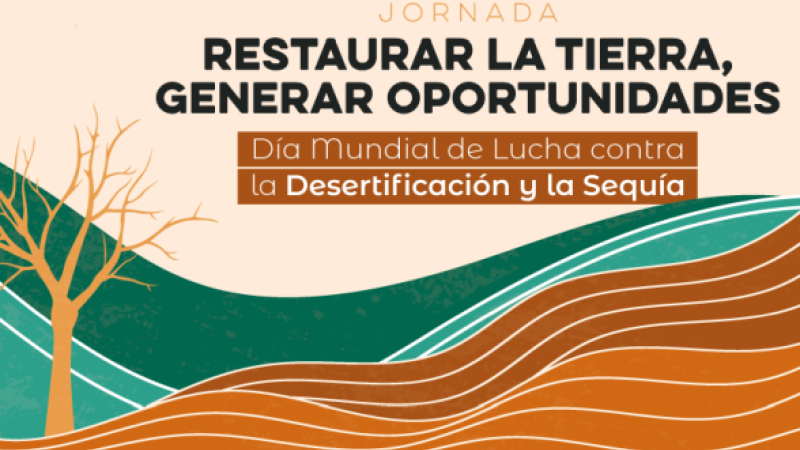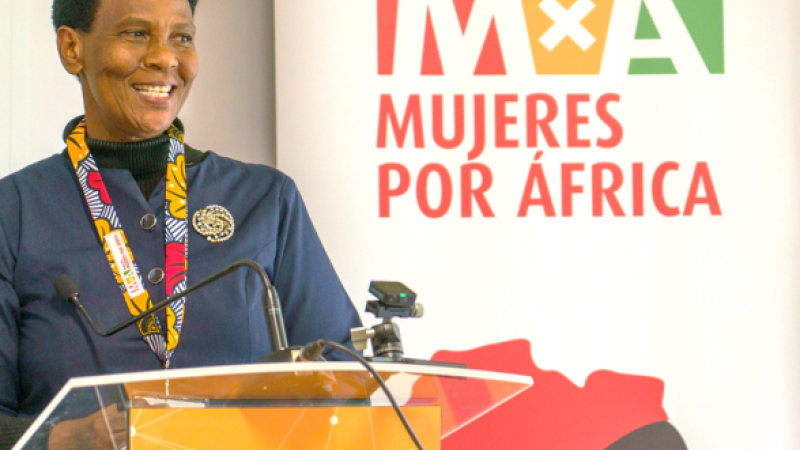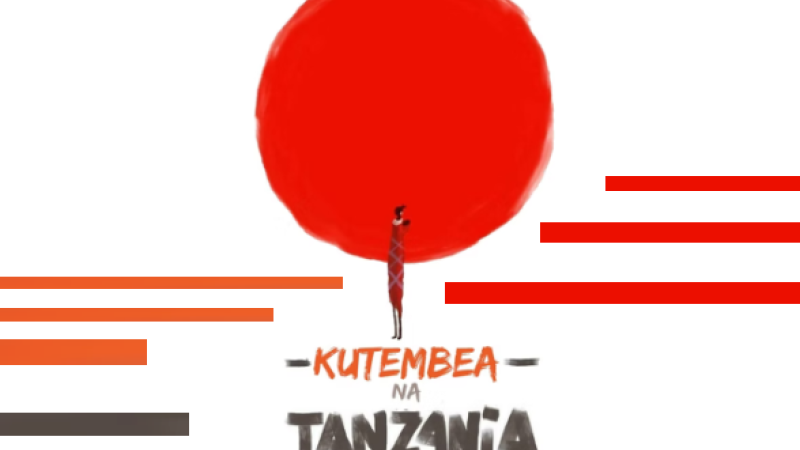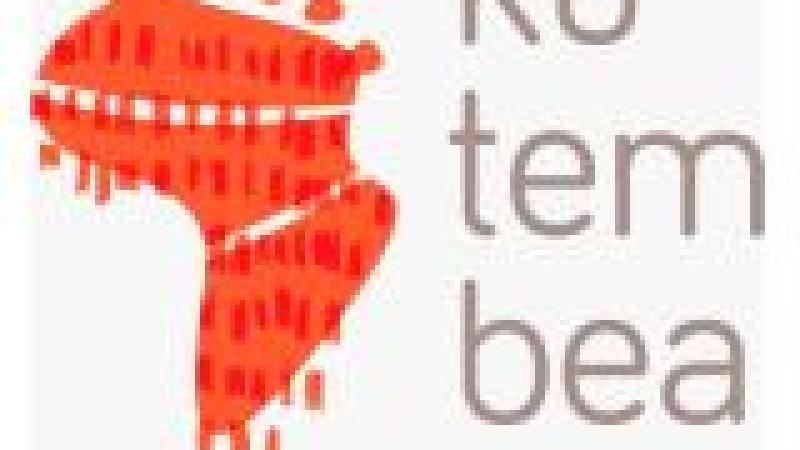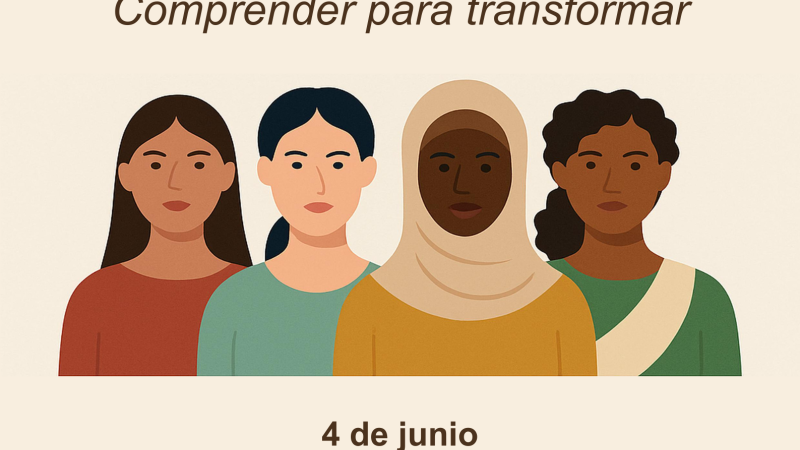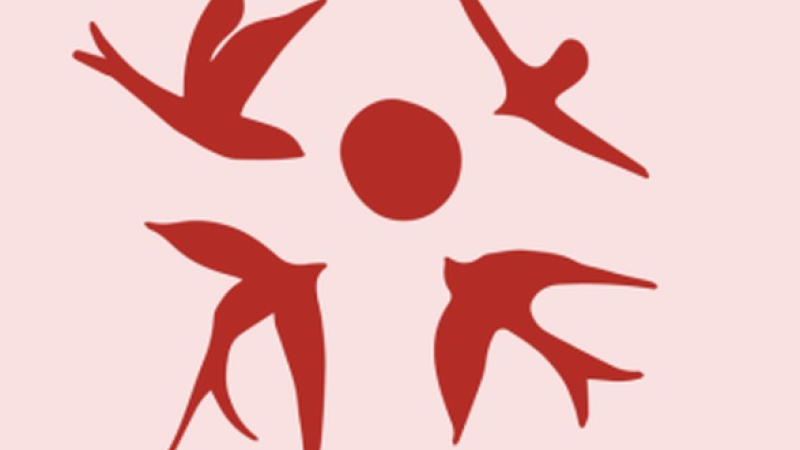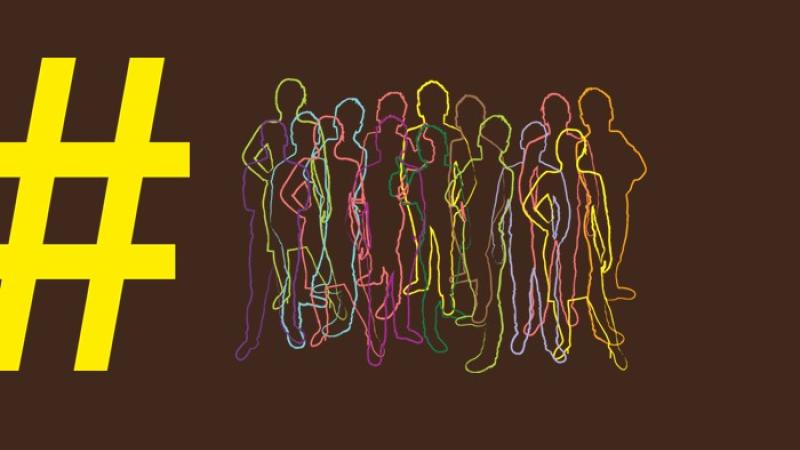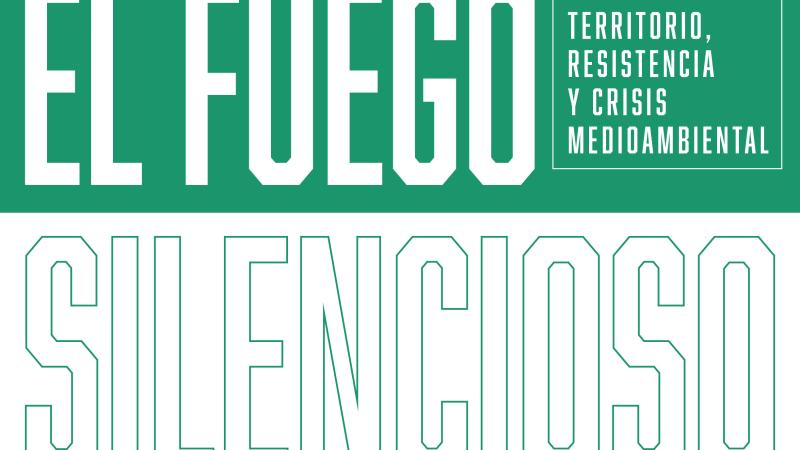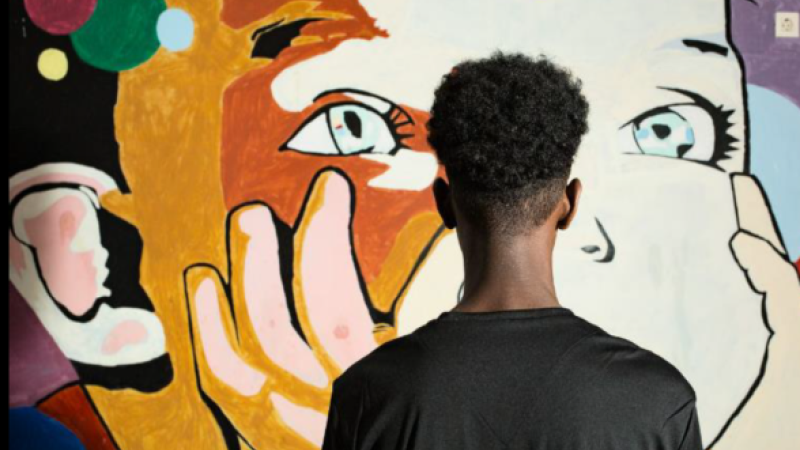Status message
In development mode.Error message
Jornada de debate: Cultura y desarrollo
Juan Jaime Martínez, Head of Culture and Education at Casa África, will be present at this workshop organized by the Spanish Agency for Development Cooperation (AECID) on 18 April 2017 at its headquarters in Madrid to discuss the importance of giving culture the place that it deserves as motor of development in the 2030 Agenda.
The global aspirations for sustainable development, as set out in 2030 Agenda, are characterized by the interrelation of three dimensions: economic, environmental and social. The current political and social context, marked by phenomena such as increased migration, urban growth, different perceptions of globalization and new paradigms generated by the development of technology, makes it necessary to address the social dimension of development based on a broad idea of culture, defined as the “set of distinctive spiritual, material, intellectual and affective features that characterize a social group”.
This definition (World Conference on Cultural Policies. Mexico, 1982) includes, in addition to arts and letters, ways of life and production of economic and symbolic goods, fundamental human rights, value systems, and individual and collective traditions and beliefs.
The construction of development policies must incorporate the perspective of culture and cultural diversity as a necessary condition to achieve results. This positions culture, understood from the position of respect and safeguarding of traditions and identities and from its potential in the generation of income, in a central place within development strategies.
Coinciding with the tenth anniversary of the publication of the Strategy for Culture and Development of Spanish Cooperation, the Directorate of Cultural and Scientific Relations of the AECID is organizing this seminar with a dual objective:
- To look at what has been done, what has been learned, what has been achieved
- On the other hand, and most importantly, to reflect on how culture is integrated into development processes, as well as its contribution to the attainment of the 2030 Agenda.
The aim is to give room for exchange and debate between those who have worked and are working in this field, bringing together visions from academia, institutions and civil society.
The day is based on discussion panels, open to all participants, around four thematic blocks.
